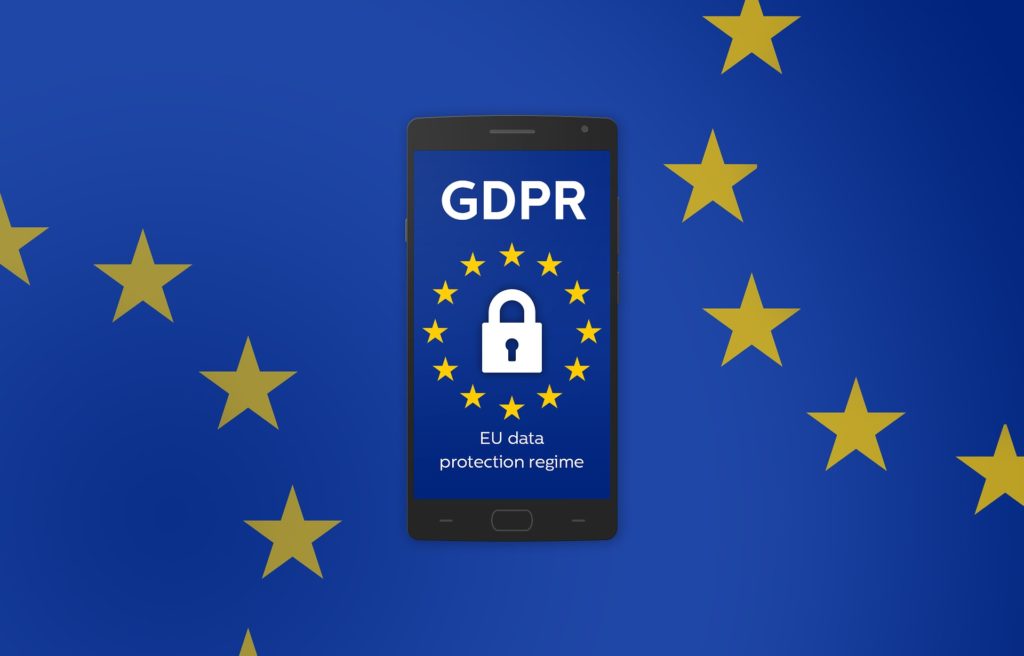 Aploq’s guide to GDPR and what it means for our clients
Aploq’s guide to GDPR and what it means for our clients
What is GDPR, and what does it mean?
The General Data Protection Regulations or GDPR for short is the EU’s long awaited update of the 1995 directive of the same name. It was announced in April 2016 but won’t come into force until May 25th, 2018.The outdated data protection directive 1995 was far too broad in regards to what it specifically covered. The aim of the new directive is to give control of personal data back to EU citizens and to simplify the regulatory environment for companies doing business with the EU. So rather than having 28 different standards of data protection to comply with, the new GDPR directive gives companies one set of rules to follow.
Who needs to comply with GDPR?
Any company, business or even website that has visitors or clients that are EU citizens needs to comply. This includes any business around the world who are in possession of personal information of anyone living within the Europe Union.
What does GDPR protect exactly?
GDPR is not new. It protects exactly the same data as the old GDPR. Here is what’s new:
- You have a right to request your data to be permanently deleted (but only if we don’t need them to comply with other regulations, like Labour Code or Accounting Act)
- You can request your data to be made available to another company
- We need to be very thorough when choosing the outsourcers processing your data, like cloud-based services, accounting office, IT service
- The penalties for not complying are as high as 20,000,000 EUR
Here’s the list of what’s covered;
- Your basic identity information such as name, address, ID numbers, and usernames
- Web data such as your location, IP address, cookie data and RFID tags
- Your health and genetic data,
- Even Biometric data,
- As well as racial or ethnic data, political opinions, and sexual orientation
What promises are Aploq Translations making to comply with GDPR?
We promise to request client’s and vendor’s permissions to process the data.
We promise to gain special consent from users who wish to get our newsletters and offers.
We promise to proof and update our IT security policy to comply with the requirements.
We promise to audit our suppliers to make sure they comply and provide the requested level of security.

